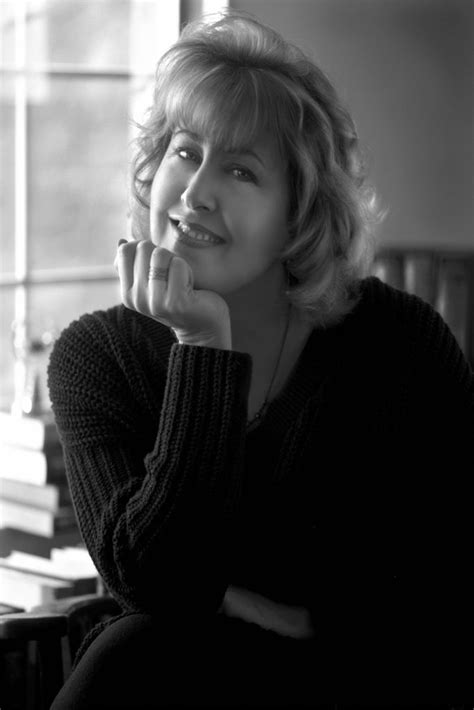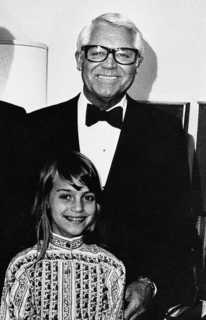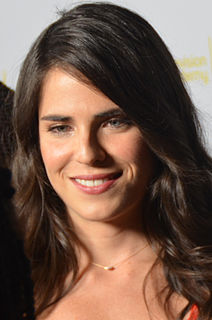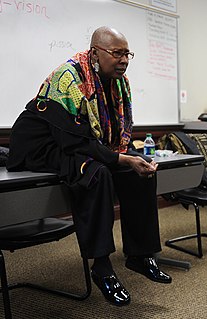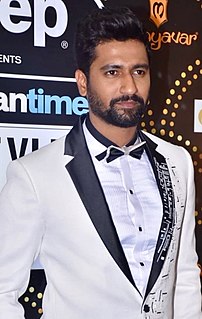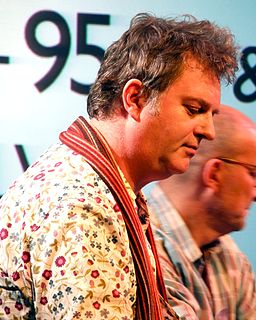A Quote by Jane Smiley
I was asked by an editor to consider writing something about an American inventor. I asked him if he knew who invented the computer. He said he didn't. In that case, I told him, I should write a book about John Vincent Atanasoff.
Related Quotes
He was breathing, which is always a good sign. As gently as I could I picked him up, placed him on the towel, wrapped it around him, and put him in my car. I drove to the emergency clinic, the cat purring on the seat beside me. “What’s his name?” the young man at the front desk asked as my towel and cat were whisked to a back room. “Uh…John Tomkins,” I said. “That’s different,” the receptionist said, writing it down. “He was a pirate,” I said. “I mean Tomkins. I don’t know about the cat. (...)
Bob Wallace was my editor at Rolling Stone when I first started writing there, and he's a wonderful editor. I was in the Philippines during the Marcos overthrow, and I was up on what was called Smokey Mountain. I think it's gone now, but it was a garbage dump with a bunch of people living on it. I was talking to Bob on the phone, and I told him, "I'm a humorist. I can't write about this." And Bob told me to let my style be dictated by the subject, to take what I saw and write about it in the tone that it requires.
The format of the book was the idea of my wonderful editor, Stephen Segal. Stephen and I had worked together before, on projects for the Interstitial Arts Foundation, and when he got the idea for an accordion-style book, he called and asked if I could write the story for it. I told him that I would love to try! And I knew it had to be a love story, because that's the sort of story you really want to hear from both perspectives. I mean, imagine if Pride and Prejudice were told from Darcy's perspective as well as Elizabeth's. It would be quite a different story!
I told my friend - we were working on a movie together - and he gave me a script and asked me to give him notes. And they were all male characters, and I said, "You know what would make this character more interesting?" And he asked what - and it's this road trip between three guys, basically, one older man, one 30-year-old and a 13-year-old mechanic. And I said, "If you make the 13-year-old a girl, and you make her an Indian-American mechanic." And he said, "What do you mean?" And I said, "Yeah, don't change anything in the script about him, and just make it a her."
I spoke to my father - my father's from Pakistan and he's also a lawyer - I said to him, "Well what does the Shari'a say?" And he said, "Well, of course it doesn't justify suicide bombs," but he didn't seem to know where the Shari'a came from or what it was all about. The more I asked people in my family as well as friends, the more I realized that there seemed to be widespread ignorance in the Muslim community. And that's something which I actually found to be the case over the next two and a half, three years I spent writing the book.
My wonderful editor, Jackie Onassis, asked me to write a book that I wanted to write. I said, 'Look, it's not going to be scandalized. I'm not going to talk about anybody like a dog. I'm going to say the positiveness of my life, and talk about those who have contributed to the way I've been going, and that's that.'
This is the sixty-nine," I told him, presenting the magazine in front of him. I put my fingers -- two of them -- on the action, so that he would not overlook it. "Why is it dubbed sixty-nine?" he asked, because he is a person hot on fire with curiosity. "It was invented in 1969. My friend Gregory knows a friend of the nephew of the inventor." "What did people do before 1969?" "Merely blowjobs and masticating box, but never in chorus.
I wanted to know how Jackie felt about [John F. Kennedy], and I got to know Rachel "Bunny" Mellon. Bunny and her were buddies. I asked, "How do you know what Jackie knew?" And Bunny said, "She told me."... Jackie called him "Magic." Bunny said she just picked her man. That was it. This was the guy she loved.


